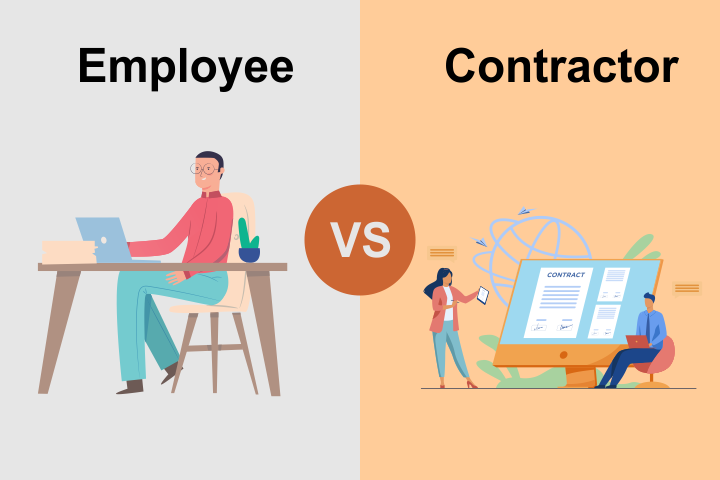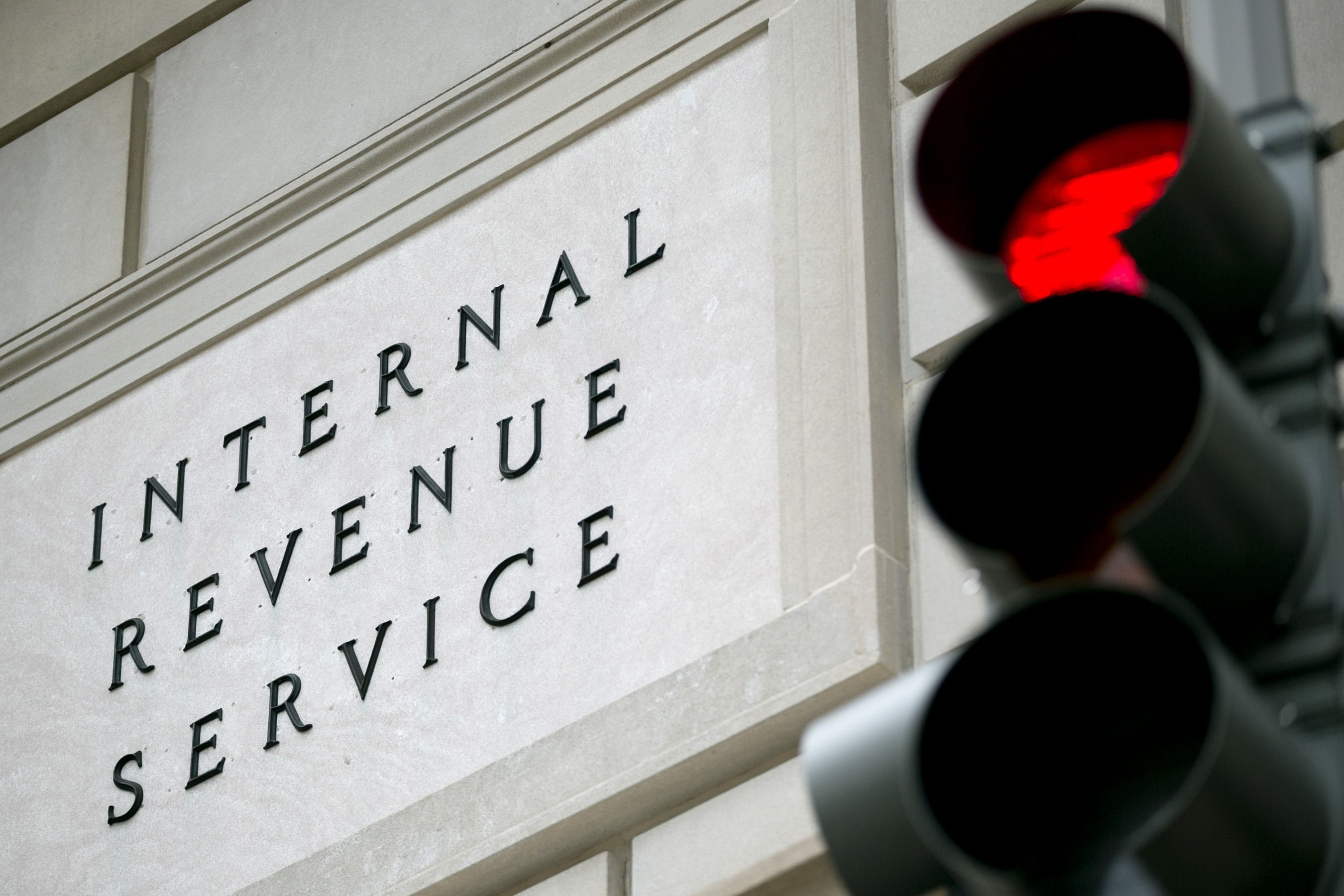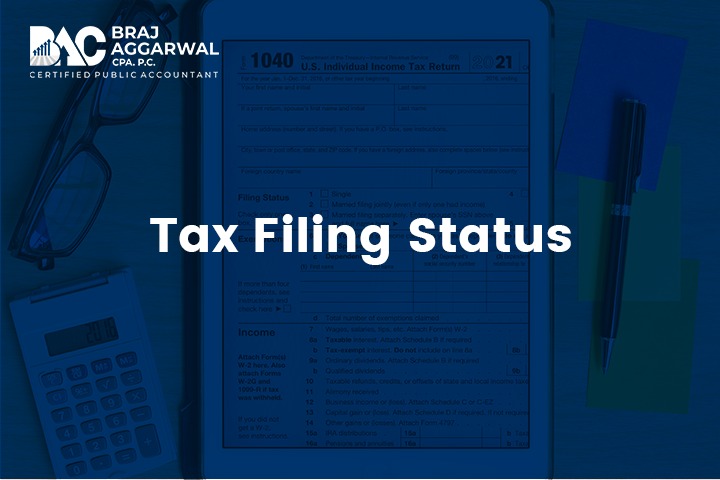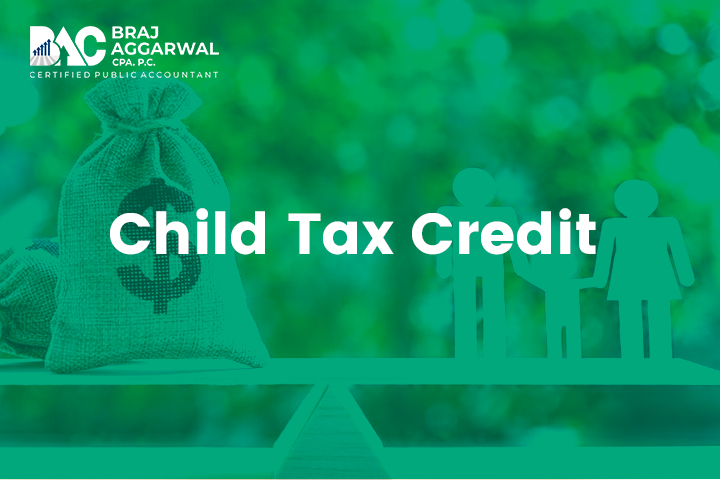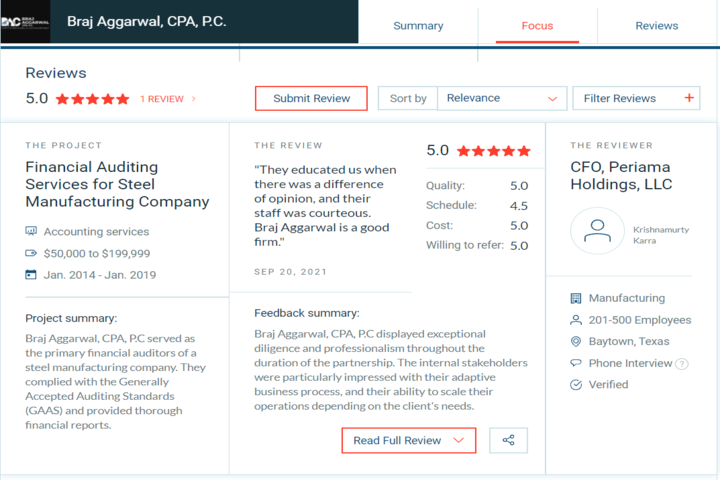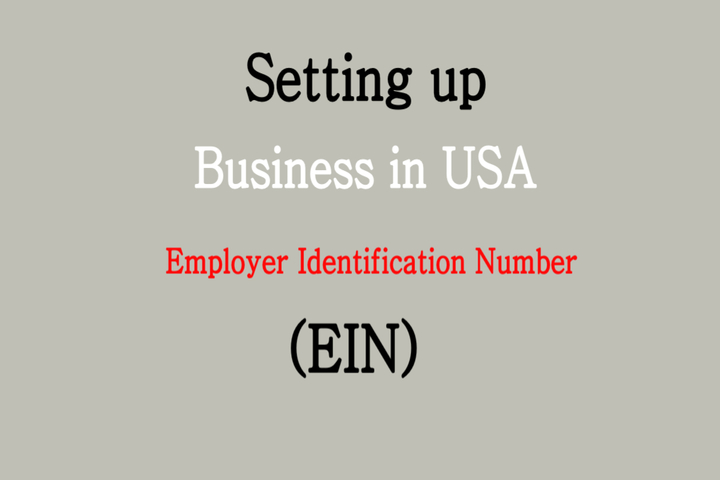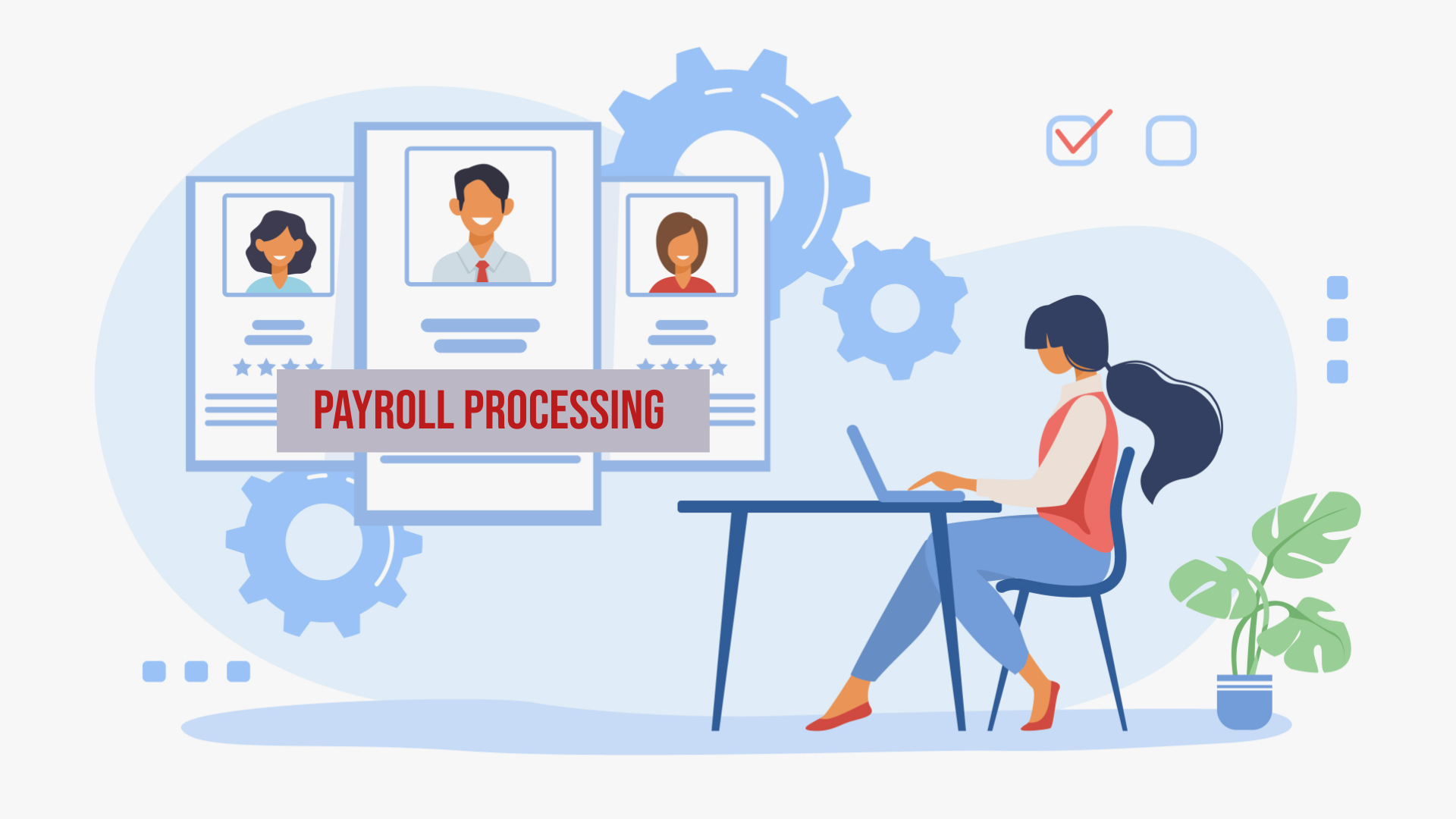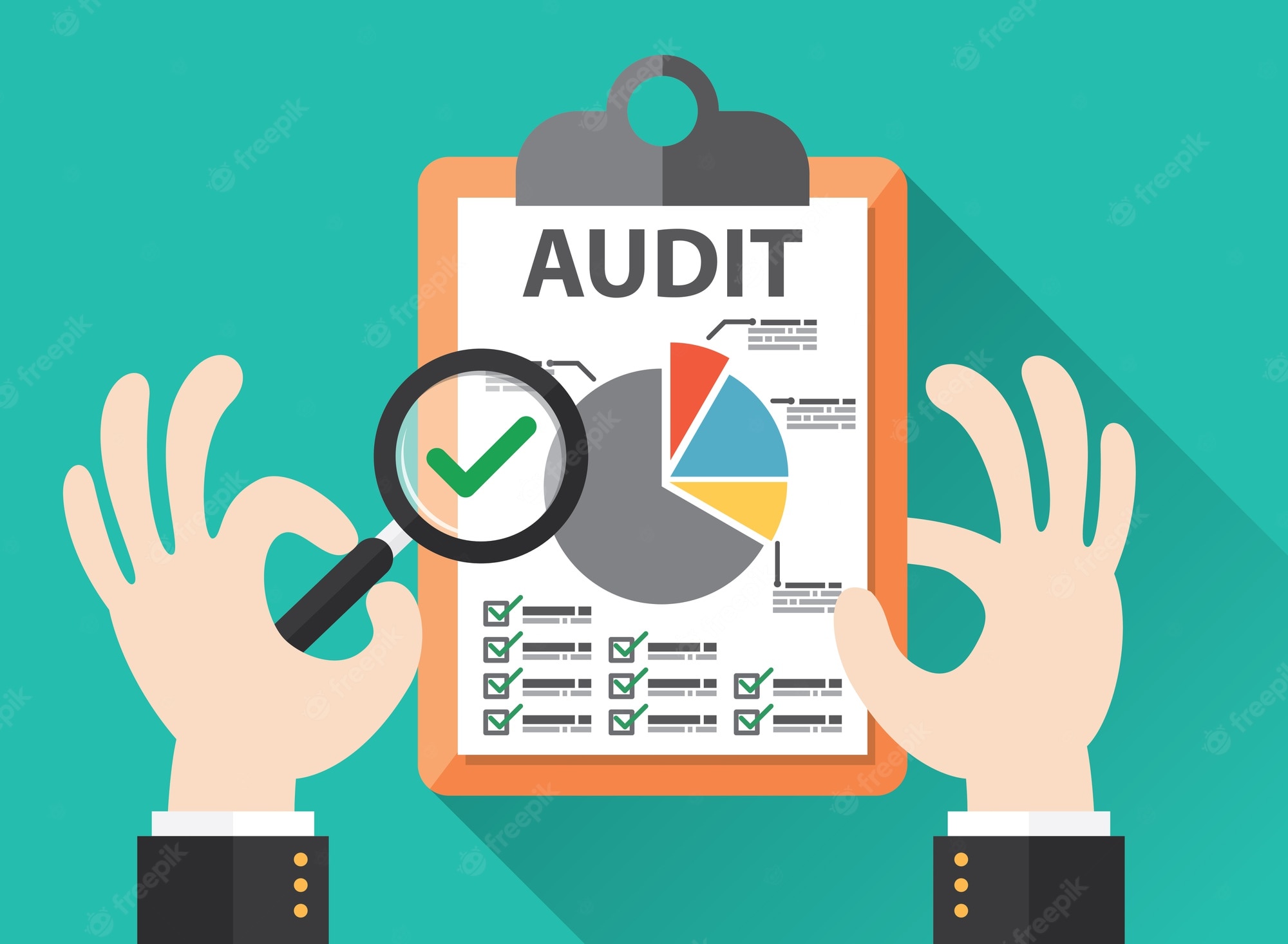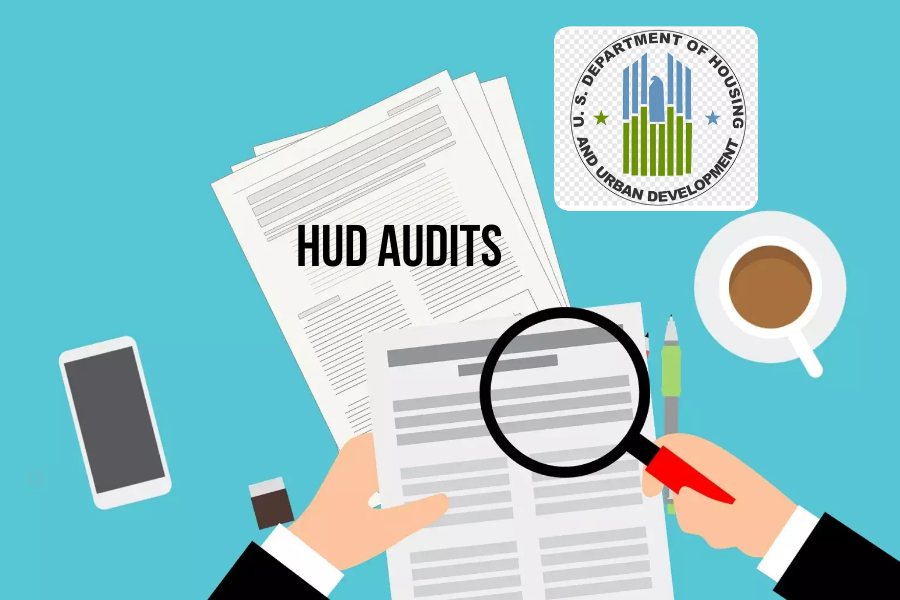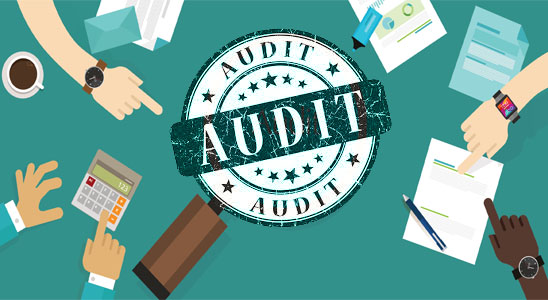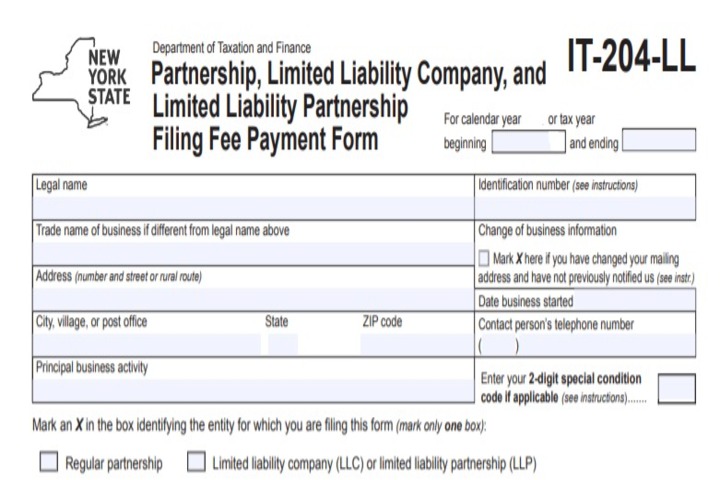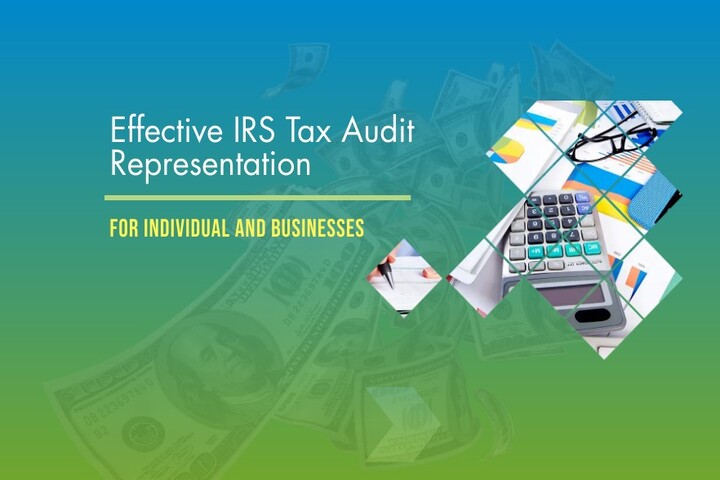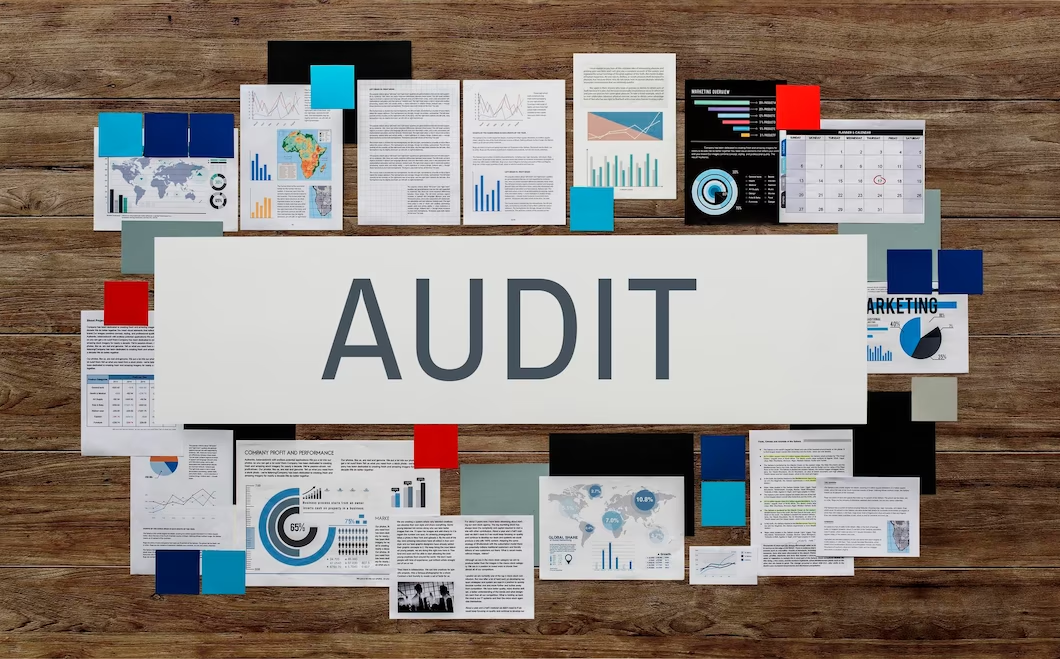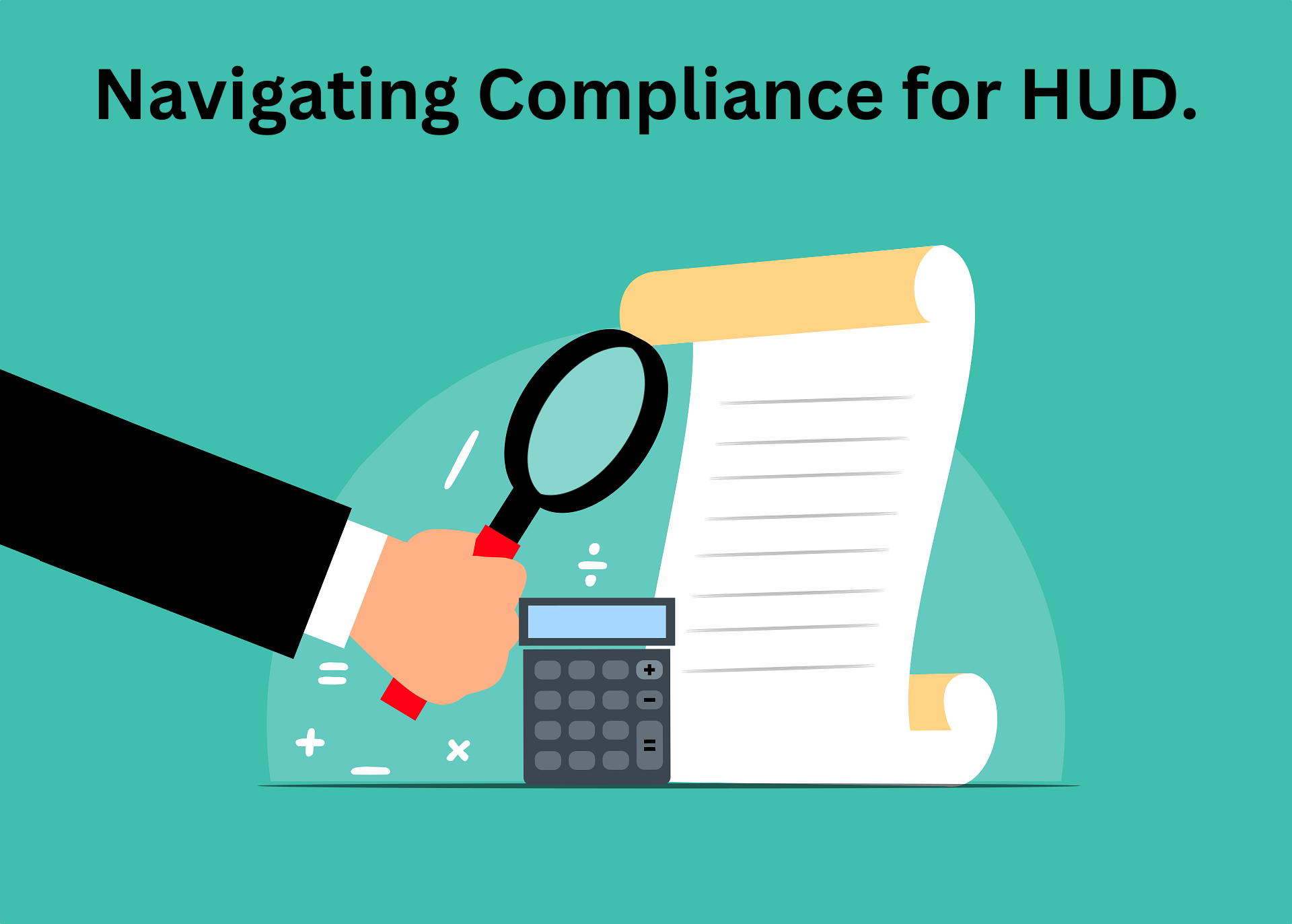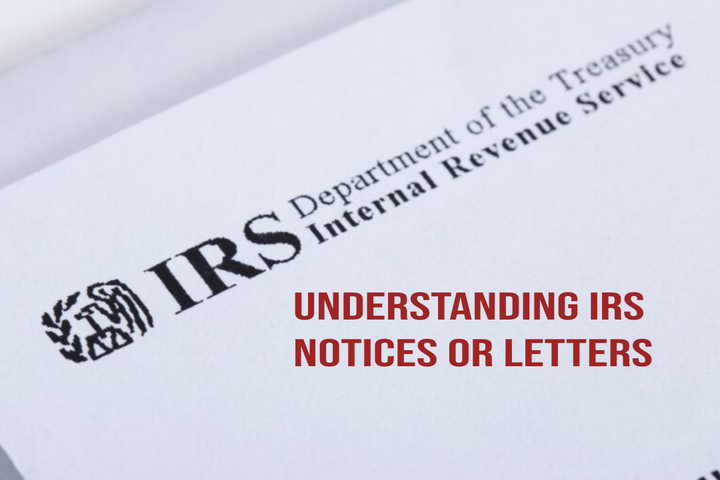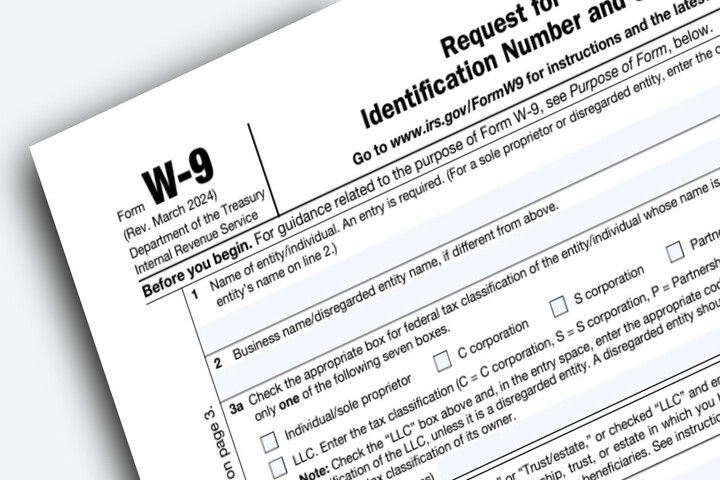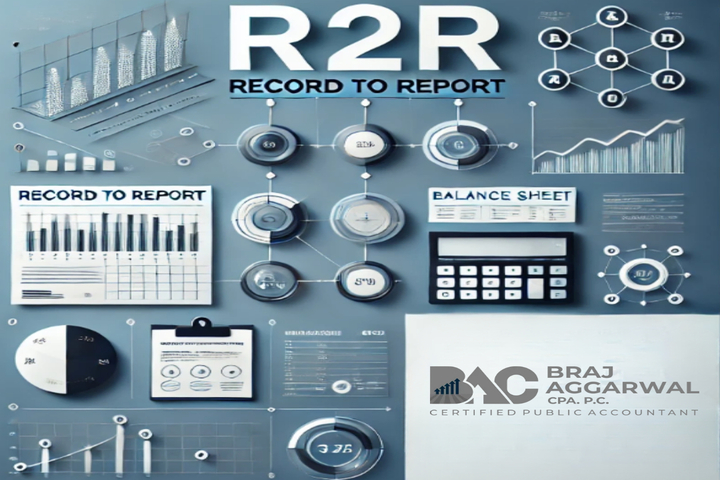IRS Audit Representation For Individuals and Small Business
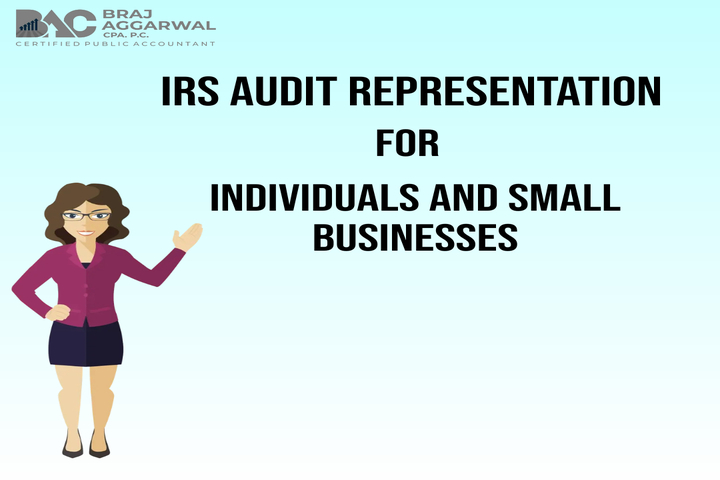
When you receive an IRS audit it can be stressful. Your financial information and your taxes could be examined closely. In this article we provides answers to some of the most common questions about how to respond when you get an audit from the IRS. Business owners often have difficulty understanding their tax liabilities and preparing their businesses for audits. The complexity of the tax code, combined with uncertainties about whether the IRS will audit you or a family member in the future, can make it difficult to know what to expect when you’re called for an audit. That's why we created this article to give you insight into what an audit means and how you should respond.
What is an IRS Audit Representation?
An audit is a review of your tax return by the IRS. Audits can be conducted for a number of reasons, including to Find out if you have paid taxes you are required to pay (e.g. employment taxes, self-employment taxes, and taxes on certain business expenses) and to ensure you have reported all of your income as accurately as possible. The IRS uses audits to ensure people comply with their tax obligations. Audits are also used to ensure that the agency has the correct amount of revenue to collect. Audits may be conducted on a random basis at the request of the taxpayer or as part of a plan to try to prevent tax evasion. Audits are often public record, which means that everyone can see if the IRS has done a particular audit.
What to Expect During a Tax Audit?
First, the IRS will contact you to let you know that you are being audited. This can be alarming because it means that someone has seen your tax return and is now reviewing your financial records. You will be asked to provide information such as your personal information (such as your name, address, and phone number) as well as your business information (such as your company name, address, and information about your business activities). During the audit, the IRS will review the information you provided to make sure it’s accurate. Audits are often complex and time-consuming.
The IRS will look at your financial records and your tax return to try to ensure that you have reported all of your income properly. If the IRS finds a discrepancy, it will ask you to correct it. This can lead to long delays before the audit is concluded. The length of an audit can vary a lot – an audit of a relatively simple return can be completed in as little as a few weeks, while audits of more complex returns can take many months.
How to Prepare for an IRS Audit?
- Research - Before you get called for an audit, you should do some research to get a better understanding of the type of audit you’re facing and what you’ll need to respond to the audit. You can use a checklist like this one as a guide for what you need to bring with you to your audit meeting.
- Identify Key People - Who do you need to be with during your audit? Try to make sure that there are people who can be present during your audit who can help you respond to the audit. For example, a spouse, an attorney or a business manager who can help you navigate the audit and respond to the IRS’ questions are important.
- Document Everything - Once you know the audit date, you’ll want to start preparing. It’s important to take notes during your audit meeting to help you prepare for the audit schedule and to remember important information. Document everything you can, such as the questions the auditor will ask, who is present, what they are wearing, and anything else that can help you prepare for the audit.
- Schedule Your Meeting - Set a date to meet with your accountant and review your tax records. This will ensure that you both stay on the same page about what’s happening with your taxes.
Other key points to know before your audit.
- Audit timing - The timing of your audit may be unpredictable. In some years, the IRS may have a large number of audits, so your audit may be conducted at a later time. In addition, audits are often conducted on random, not necessarily annual, basis.
- Audit complexity - Some audits will be relatively simple, while others will be more complex and may take longer to complete.
- Non-compliance - If you are audited and find that you are non-compliant with the IRS, there are a few things you can do. First, you can correct the problem and provide proof that it’s been fixed. Second, you can provide a good faith payment. Third, you can dispute the issue with the IRS. Fourth, you can seek representation from an experienced tax attorney.
How A CPA can help you with IRS Audit?
An IRS audit can be very stressful and time consuming for you and your business. Not only do we need to gather the necessary information, but we often have to meet with the auditor multiple times before we can resolve the audit. We will help you!
Braj Aggarwal, CPA, P.C. represents her IRS tax audits in the United States for businesses and individuals. Our experienced team will accompany you through the review process and represent you professionally before the IRS. Our IRS tax auditor representatives can help you resolve audits quickly by preparing all necessary documents for the IRS Audit Representation.


